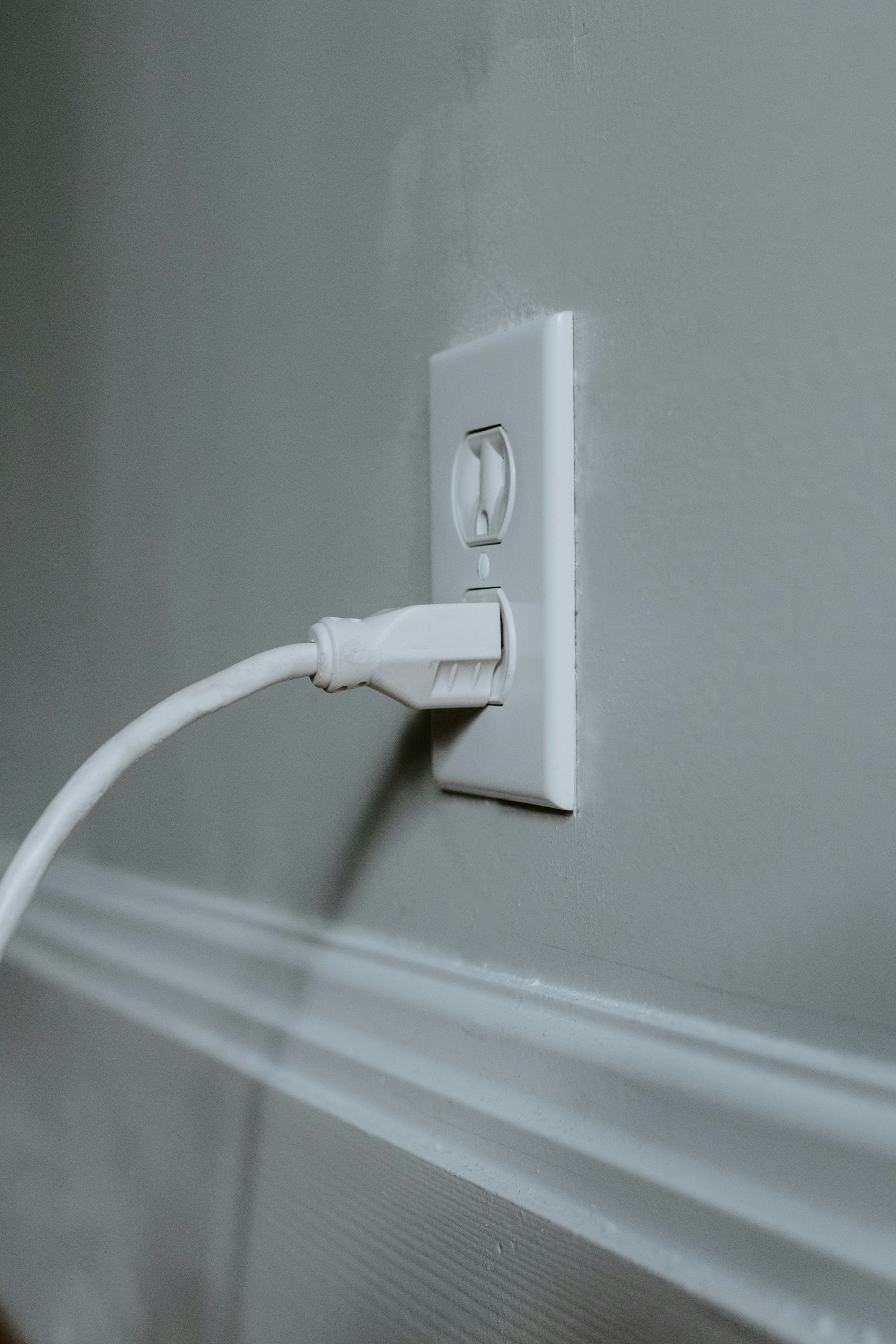Three more things that the workload dilemma might really be about

Last time I wrote that the present concerns about student workload in higher education might not be about the amount of work being given to students, or not just about this, but rather it's about a combination of three other things:
- A lack of connectedness among the concepts in a course;
- A lack of training in managing multiple high-level commitments; and
- Assessment schemes built around high stakes and zero tolerance.
Each of these carries its own cognitive and emotional load in addition to the quantifiable assignment workload in a course. All of these different forms of "load" are grouped together in many peoples' minds as "workload". This may or may not be appropriate; but it all feels the same to students. And simply cutting back on the amount of assignments in a course is not necessarily addressing the most important parts of the issue.
These are not the only three confounding variables that might be contributors to the workload issue. Here are three more.
A lack of connectedness between the concepts in a course and the learners. Just as learning becomes more effective when the concepts are fitted into a larger network of ideas, learning improves when the concepts fit into the larger scope of the learners' lives. It's less work to learn something when you can see how it might be useful to you, or at least interesting to you. Many college students, especially younger students, don't have the perspective to see how, let's say, the Product Rule matters to them personally. So when they sit down to learn it, not only are they bearing the cognitive load of the Product Rule itself, there's also the emotional load of dealing with having to carry a load that doesn't feel like it belongs to them at all.
The cognitive load required to recall basic information that hasn't been practiced. Another source of invisible cognitive load is the load required to activate prior information that's needed for new concepts. This load becomes like compounded interest when there's no deliberate practice on those concepts. Let's think about the Product Rule again. This is a calculus concept for computing the derivative of two functions multiplied together, and it involves being able to find the derivative of the two functions involved. Students who haven't engaged in deliberate practice on basic derivatives are going to have recursive cognitive load with the Product Rule; and even more recursive load when we get around to applications of the derivative that use the Product Rule.
A perception (right or wrong) that learner support is not commensurate with challenge. Not only is it less "load" to learn something when you see how it relates to you personally and when you've practiced the prerequisites, it's also less work to learn something when you believe that you are well-supported in your efforts --- even if the work is hard and the actual quantifiable workload objectively high. In this post I wrote about measuring the balance of challenge on the one hand and support on the other. The balance of those two variables is in many ways the main challenge of teaching. (And we teachers have our own needs for a balance of challenge and support.) I made a 2x2 matrix for this:

(Direct link to image: https://i.ibb.co/WG1CkKq/download-1.jpg)
Quadrant IV --- high challenge, low support --- is the death zone for students. I labelled it "Stressed" but my first choice was "Screwed". If students live in this quadrant, any amount of work is going to feel like the weight of the world.
Moreover, students cannot only have access to support to stay out of this zone: They must also know that they have access to that support. It's no good setting up massive resource repositories on one's Blackboard site to support students if the students don't know they are available. It's no good saying "You can ask me a question at any time" --- even if we mean it --- if there's something preventing students from tapping into our availability. This isn't necessarily fair to faculty who are going out of their way to set up good resources for students, and advertising those resources, but then the students don't use them. But it is what it is, and it's a call for better advertising, not to run onto Twitter or /r/professors to complain.
Some of you might be thinking, Isn't it the students' responsibility to deal with all these things? I'm here to teach my subject, not to teach time management or make students feel like this stuff matters or any of that.
Well, actually no.
Don't misunderstand. I was in this situation once, in a previous job — working my tail off to provide proven-effective pedagogy to my students and setting up all kinds of support mechanisms for them. And it was no good; students were up in arms, literally leaving my classes every day to go straight to the Dean's office to complain. I got the message from my Dean that student success is a shared responsibility, which while definitely true, was in this case code for this is all your fault, because to the best of my knowledge that Dean never gave the same "shared responsibility" message to the students who were invading his office.
However, one of the many things I learned while on sabbatical in industry is that assigning blame to the right person or group isn't the point. If the customer doesn't perceive how the product connects to them personally, or utilize the resources that the company provides, then yes, in some ways it's the fault of the customer. But the responsibility for making it right falls on the company. You reach out to the customer; you redouble your advertising efforts; you communicate and you work harder at building the relationship. You might be in the business of making furniture; but in the end what you're really there to make is a relationship. So yes, it is your job after all.


